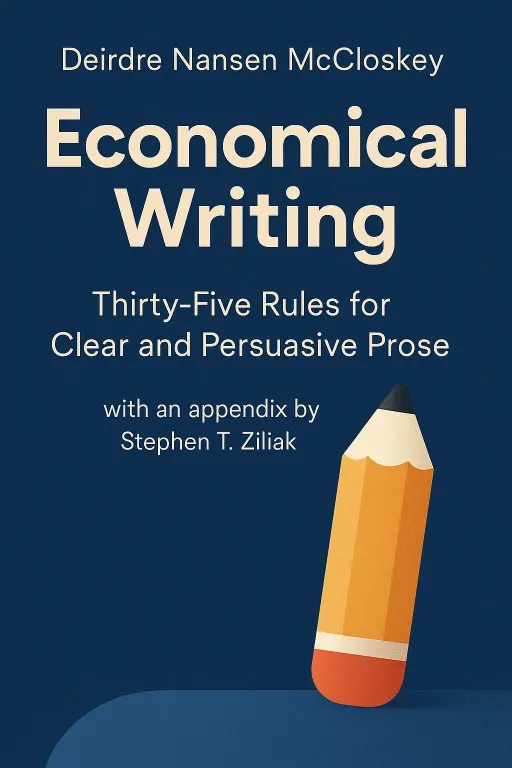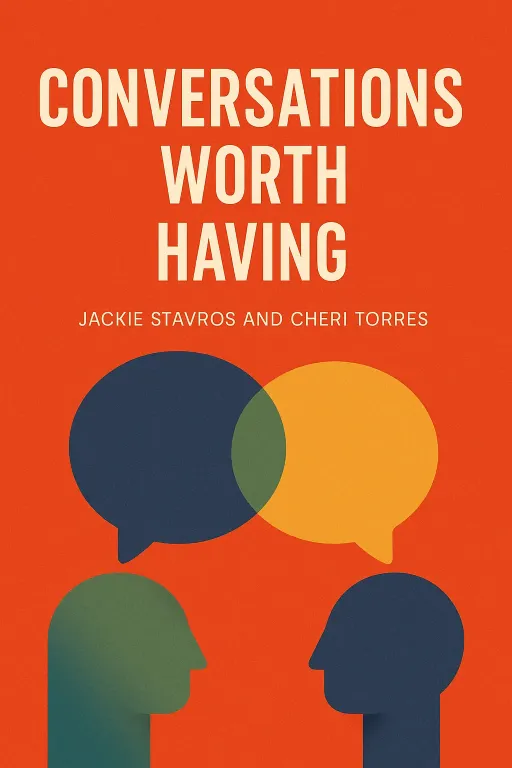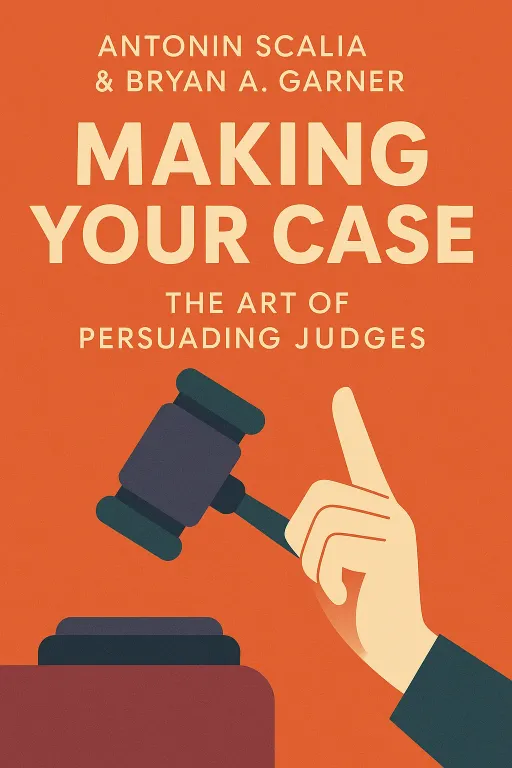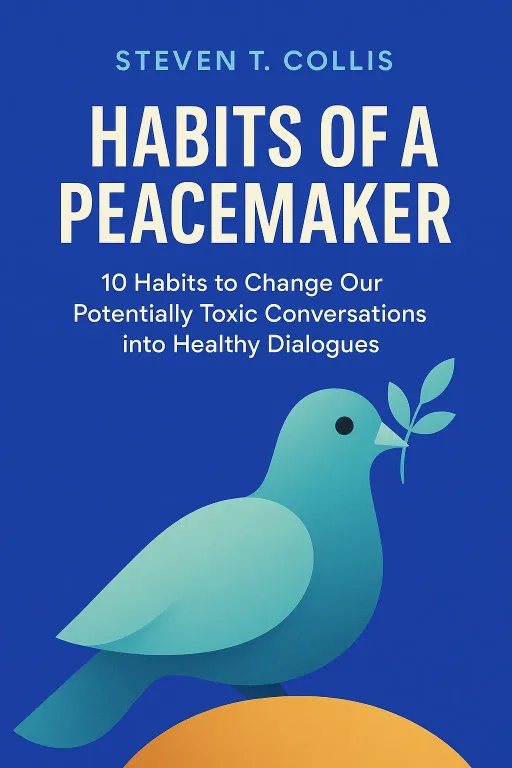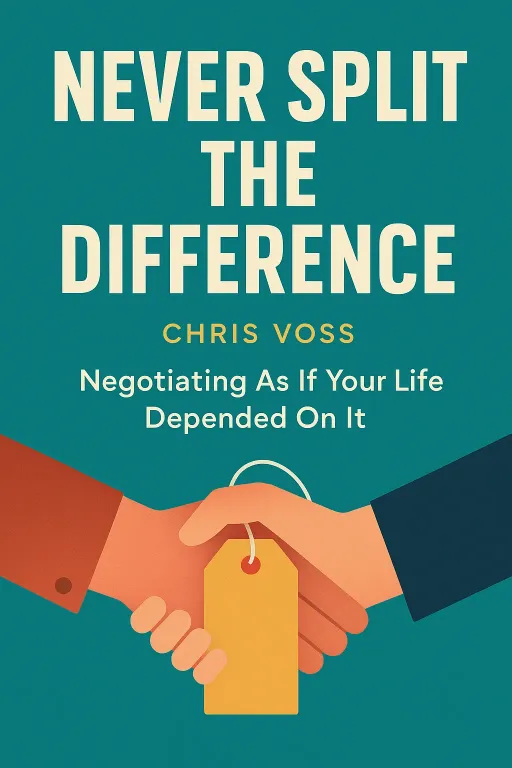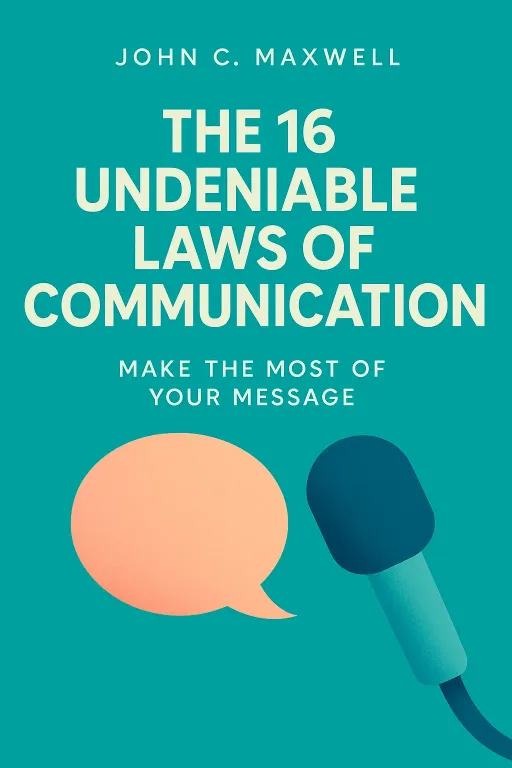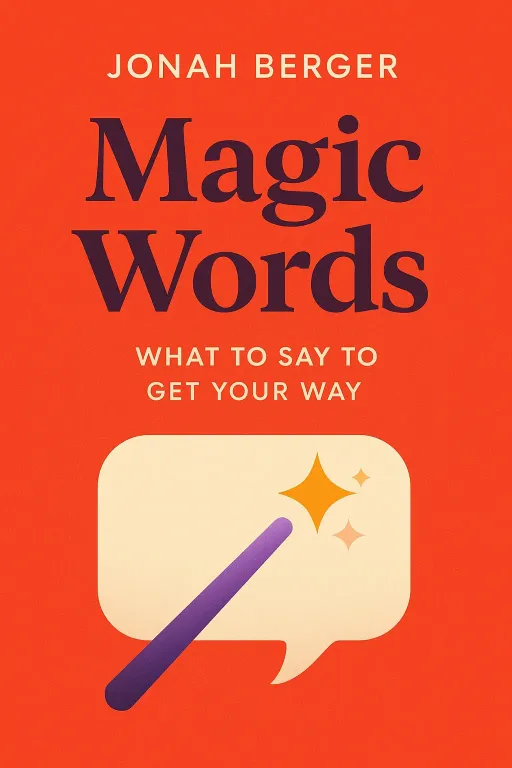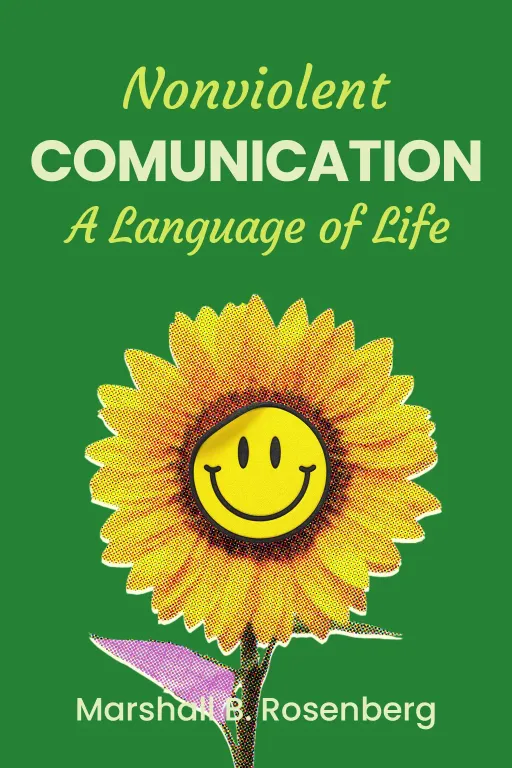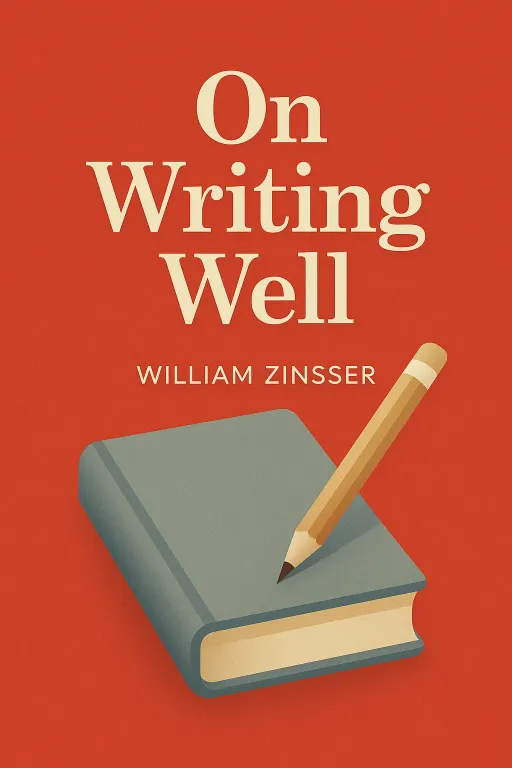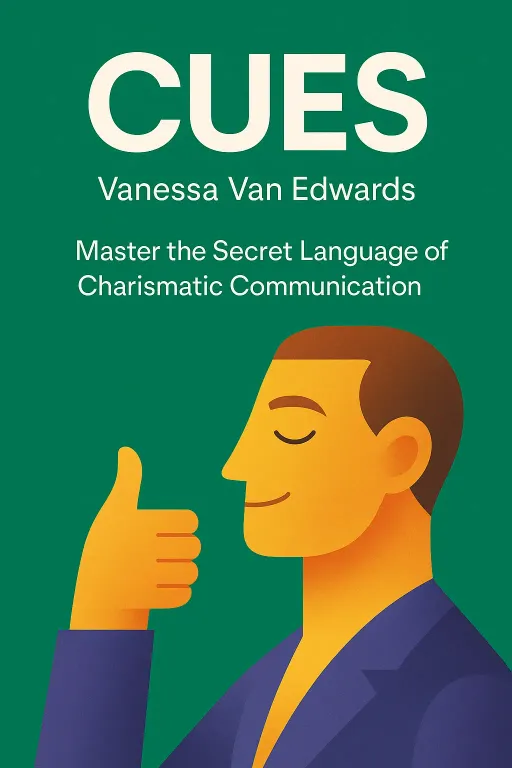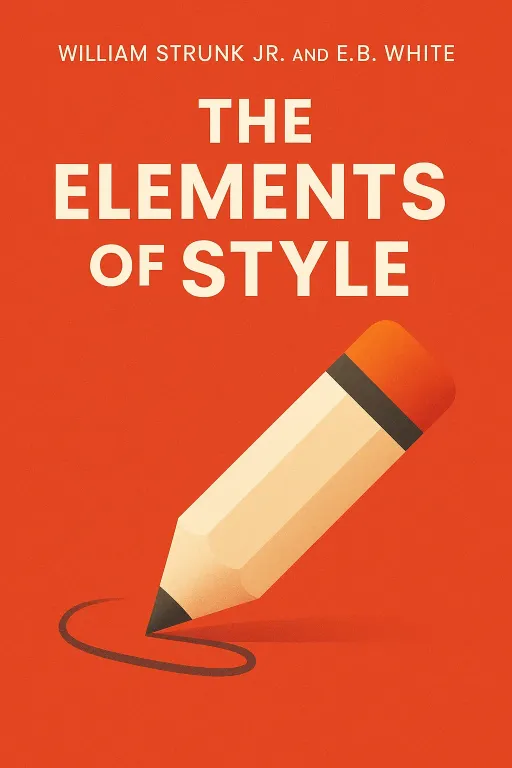
The Soul of the Writing Machine
12 minGolden Hook & Introduction
SECTION
Michelle: Alright Mark, pop quiz. You're a writer. What's the one phrase that's been terrorizing English students for over a century? Mark: Oh, that's easy. "Your paper is due tomorrow." But a close second has to be "Omit needless words." It sounds so simple, yet it's the reason my first drafts are twice as long as my final ones. Michelle: Exactly! That single, brutal command is the heart of the book we’re diving into today: The Elements of Style by William Strunk Jr. and E.B. White. It’s this tiny little book that has cast a massive shadow over American writing. Mark: It’s funny you mention both names, because I always picture them as this old-timey duo, like a grammar-obsessed Sherlock and Watson, working together in a dusty university office. Michelle: That’s what everyone thinks! But here’s the most fascinating fact about the book: they never worked together. Strunk was an English professor at Cornell who self-published a little guide for his students in 1918. Decades after he died, one of his former students, a celebrated author named E.B. White—the man who wrote Charlotte’s Web—was asked to revise it. Mark: No way. So the guy who wrote about a talking spider and a humble pig teamed up posthumously with his tough-as-nails professor? That’s an odd couple for the ages. Michelle: It is! And it’s the key to understanding the book's power. It’s a collision of two different eras and two wildly different personalities. You have Strunk, the rigid drill sergeant of prose, and White, the thoughtful, modern stylist. Mark: That explains so much. It’s not just a rulebook; it’s a conversation across time. So let’s start with the man who fired the first shot in the war on wordiness. What was Professor Strunk actually like?
The Gospel of Brevity: Strunk's Unforgiving Rules
SECTION
Michelle: Picture the kind of professor who would coin a rule as blunt as "Omit needless words." E.B. White describes him perfectly. He wasn't a gentle, tweed-wearing academic. His students nicknamed him "Sergeant Strunk" because of his rigorous, no-nonsense approach to language. Mark: I’m imagining a man who would grade your grocery list for conciseness. Michelle: You're not far off. There’s this incredible story from White about being in Strunk’s class in 1919. Strunk would stand at his lectern, this small, intense man, and to emphasize his most important rule, he would lean forward, grasp his coat lapels, and whisper in a conspiratorial, almost urgent voice, "Omit needless words! Omit needless words! Omit needless words!" Mark: Wow. That’s not a lecture; that’s a performance. He’s making it sound like he’s letting you in on a secret that will save your life, or at least your grade. Michelle: It was a secret he believed in with his whole being. For Strunk, vigorous writing was concise. A sentence should have no unnecessary words, and a paragraph no unnecessary sentences, for the same reason a machine should have no unnecessary parts. Every word had to tell. Mark: A machine with no unnecessary parts. That’s such a stark, industrial-age metaphor for writing. It’s efficient, but it also sounds a little… soulless. Is there no room for flair? Michelle: For Strunk, clarity was the highest form of flair. He had this almost physical aversion to vague or clumsy language. There’s another great story about his personal crusade against the phrase "student body." Mark: What’s wrong with "student body"? Seems pretty standard. Michelle: Strunk found it gruesome. He thought it conjured up images of a corpse. So one day, he marched down to the office of the university’s Alumni News, confronted the editor, and protested its use. He insisted they use his preferred term instead: "studentry." Mark: "Studentry"? That sounds like a major at a wizarding school. "I'm double-majoring in Potions and Advanced Studentry." Michelle: It’s quirky, right? But he was so passionate and so charming in his conviction that the editor actually agreed. The paper dropped "student body" and started using "studentry," all because one professor couldn't stand the image it created. That’s the kind of man he was: bold, direct, and utterly convinced of his own linguistic principles. Mark: Okay, I get the personality now. He’s a purist. But this raises a huge question for me. These rules—use the active voice, put statements in positive form, be concise—they make sense for a technical manual or a news report. But is all writing supposed to be a perfectly efficient machine? What about poetry, or fiction, or even just a heartfelt letter? Sometimes the "needless" words are the ones with all the music. Michelle: That is the perfect question, and Strunk, for all his rigidity, had an answer for it. He included a line that’s often overlooked. He wrote, "It is an old observation that the best writers sometimes disregard the rules of rhetoric." Mark: Ah, so there's a loophole! Michelle: A very small one, with a big condition. He continues, "When they do so, however, the reader will usually find in the sentence some compensating merit, attained at the cost of the violation. Unless he is certain of doing as well, he will probably do best to follow the rules." Mark: I love that. It’s the ultimate intellectual challenge. "You can break my rules, but you better be a genius." It’s like a sign at a stunt park: "Do not attempt this jump unless you are a professional. And even then, maybe don't." Michelle: Exactly. You have to earn the right to be creative. You master the fundamentals first. You learn to build a clean, sturdy, functional machine. And that’s where Strunk’s part of the book ends. He gives you the blueprint for the machine. Mark: But a machine isn't art. It doesn't have a soul. So where does that come in? Michelle: And that, Mark, is exactly where E.B. White takes the wheel. He takes us from the rules of writing to the soul of writing.
The Mystery of Style: E.B. White's Art of Sincerity
SECTION
Mark: Okay, so if Strunk is the drill sergeant, who is E.B. White in this equation? The gentle guidance counselor who tells you it’s okay to have feelings? Michelle: In a way, yes. White’s contribution, especially his final chapter called "An Approach to Style," is a masterpiece of nuance. He starts by saying that style is a mystery. There's no formula for it. It's not a trick of grammar; he says it's an "act of faith." For White, style is the "Self escaping into the open." It's the sound your words make on paper that is uniquely you. Mark: "The Self escaping into the open." That’s beautiful, but also incredibly abstract. How do you even teach that? It sounds like trying to teach someone how to have a personality. Michelle: You don't teach it with rules. You demonstrate it. White uses this brilliant example. He takes a famous, powerful line from the revolutionary writer Thomas Paine: "These are the times that try men's souls." The sentence has rhythm, power, and a kind of poetic gravity. Mark: Right, it’s iconic. You can feel the weight of history in it. Michelle: Now, listen to some other ways you could say the same thing. "Times like these are very trying on men's souls." Or, "In times like these, men's souls are tried." Or, my personal favorite, "Soul-wise, these are trying times." Mark: "Soul-wise." That sounds like something from a corporate wellness retreat. It’s horrible. All the power is gone. They’re grammatically correct, but they’re dead on the page. Michelle: Exactly! That’s the mystery of style. The words are almost the same, but the arrangement, the rhythm, the spirit behind them is completely different. Style is what makes one version immortal and the other forgettable. It’s the writer’s unique fingerprint on the language. Mark: So style is like a fingerprint. That makes sense. You can spot a sentence by Ernest Hemingway a mile away—it’s short, punchy, direct. And you can spot one by William Faulkner—it’s long, winding, and feels like it’s exploring every corner of a thought before it ends. Michelle: And the book uses that exact comparison! It shows how both Faulkner and Hemingway could write about the feeling of languor, of listless, heavy stillness. Hemingway does it with short, declarative sentences about the heat and the dust. Faulkner does it with a single, sprawling sentence that meanders like a slow-moving river. Both are effective, both are brilliant, but they are unmistakably different. Their "self" is escaping in completely different ways. Mark: Okay, this is fascinating, but it also feels a bit intimidating. If style is this mysterious, personal essence, how does a regular person, someone just trying to write a better email or a blog post, even begin to develop it? Do you just have to be born a Hemingway? Michelle: This is where White’s advice becomes so practical and so profound. He says the path to good style isn't through fancy tricks or trying to sound "writerly." He gives a list of reminders, and the core message is this: "The approach to style is by way of plainness, simplicity, orderliness, sincerity." Mark: Wait, that’s a paradox. To develop a unique, distinctive style, you should first aim to be… plain and simple? Michelle: Precisely. Don't try to be clever. Don't use a big word when a small one will do. Don't dress up your language in affectations. Place yourself in the background and let the subject take center stage. Write in a way that comes naturally to you. White argues that if you do that—if you write clearly, honestly, and sincerely, from a place of genuine belief—your unique style will emerge on its own. It won't be something you put on like a costume; it will be the natural expression of who you are. Mark: So, true style isn't about adding decoration. It's about stripping away everything that's fake until only the authentic self is left. Michelle: You’ve got it. It’s about having the courage to be clear and the sincerity to be yourself. Strunk gives you the tools to clear the clutter, and White gives you the philosophy to find what’s underneath.
Synthesis & Takeaways
SECTION
Michelle: When you look at it that way, the book isn't a contradiction at all. It’s a perfect, two-step process. It’s a journey. Mark: It really is. You start in Strunk's boot camp. You do the push-ups. You learn the discipline. You learn how to make every word count, how to build a sentence that is strong and stable and does its job without any fuss. Michelle: You build the machine. You learn the mechanics of clarity. And it’s hard, and it’s humbling, and it requires you to kill your darlings and slash through your own fluffy prose. Mark: But once you’ve mastered that, once clarity and conciseness become second nature, you graduate. You move on to White's studio. And there, you learn that the machine you built is just the foundation. Now you can start to build something with a soul. Michelle: And you do that by focusing on sincerity, not on ornamentation. You use the solid foundation of Strunk’s rules to ensure your authentic voice comes through clearly and powerfully, not as a sloppy, undisciplined mess. The rules don't stifle your style; they enable it. Mark: So you have to know the rules before you can break them. It's like Picasso learning to draw with near-photographic realism before he ever started shattering perspectives in cubism. He mastered the form before he reinvented it. Michelle: That’s the perfect analogy. The Elements of Style is ultimately about earning the right to be yourself on the page. It’s a guide to becoming a craftsman first, so that you can eventually become an artist. Mark: That’s a much more inspiring takeaway than just "use fewer adverbs." It makes you think about your own writing, even just day-to-day. In our own work, or even just in our emails and texts, are we focused more on Strunk's rules, or on White's style? And which one needs more of our attention right now? Michelle: A great question for all of us to reflect on. We’d love to hear what our listeners think. What’s a writing rule you live by, or one you love to break? Let us know. We’re always curious to see how these ideas land with you. Mark: And maybe share the most needless words you’ve ever had to omit from a first draft. I’m sure mine involves the phrase "at the end of the day." Michelle: This is Aibrary, signing off.
